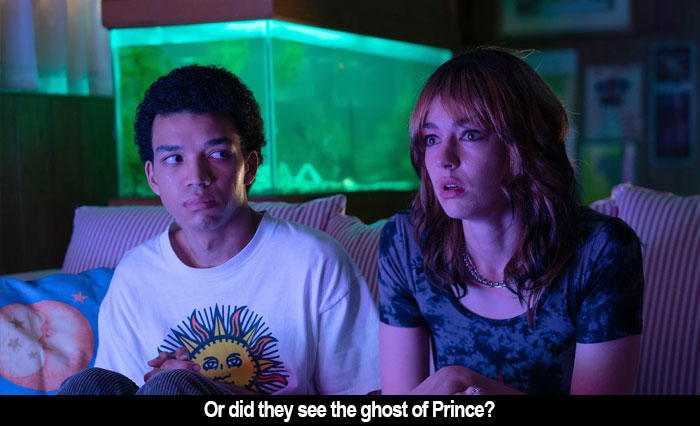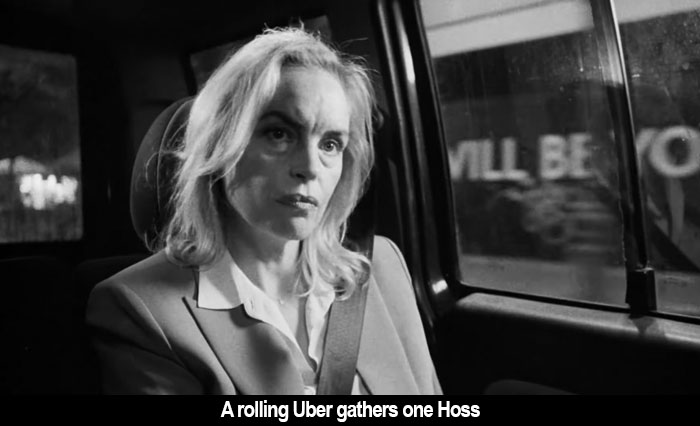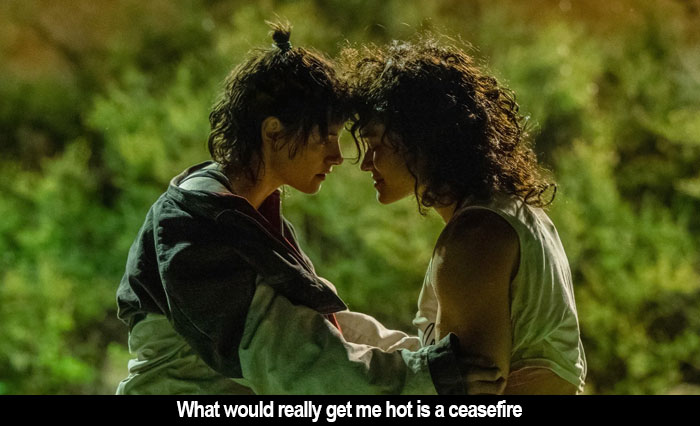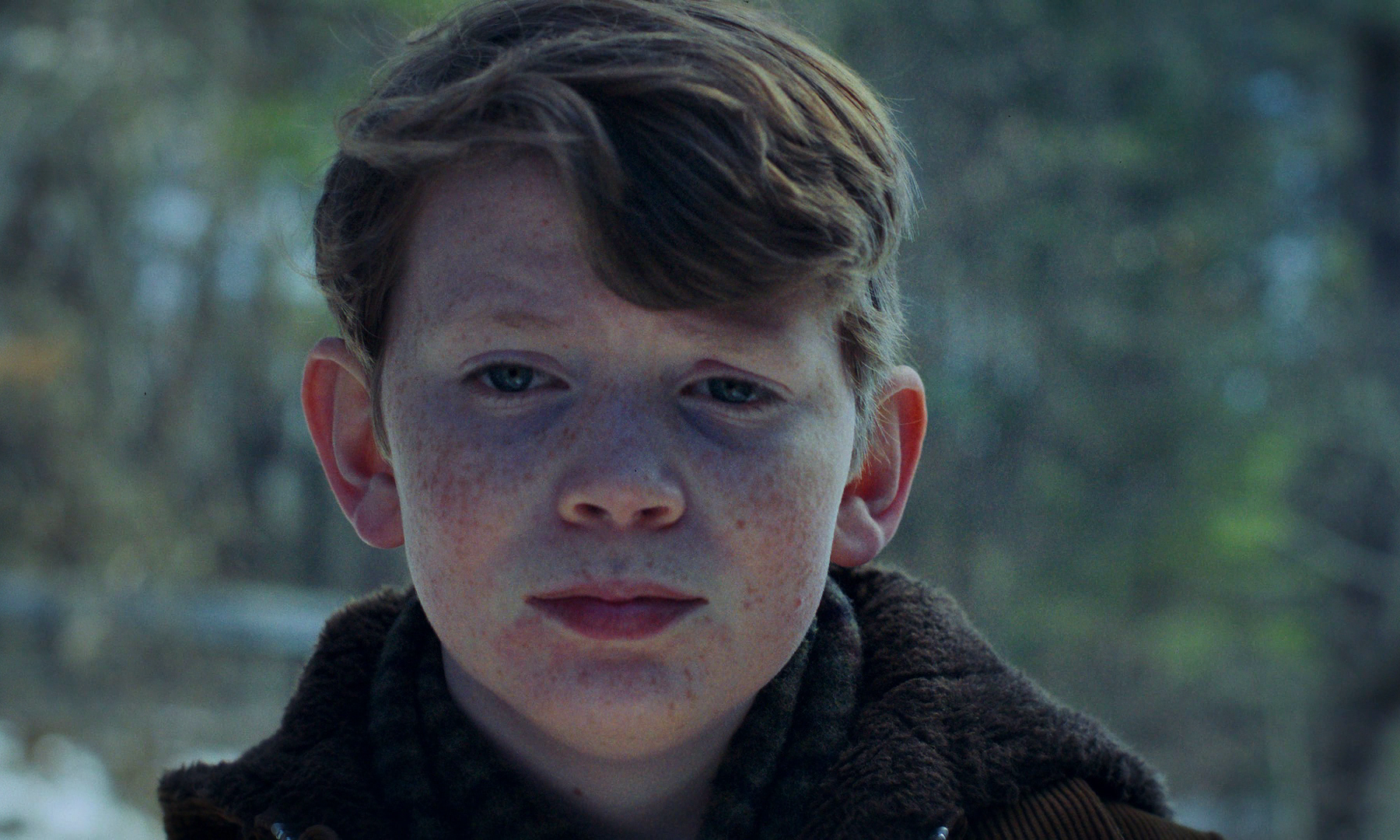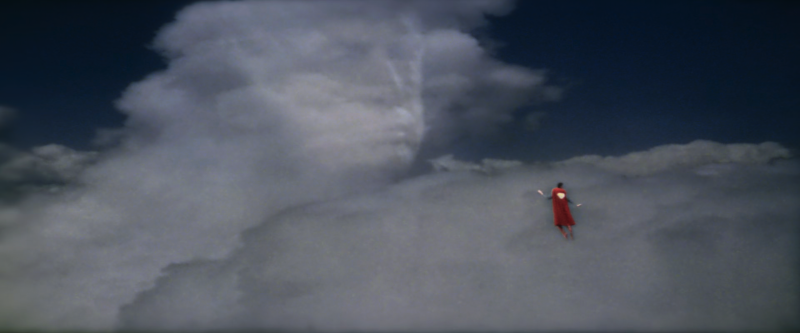 Note: all framegrabs were sourced from the 4K UHD discs
Note: all framegrabs were sourced from the 4K UHD discs
SUPERMAN (1978)
****/**** Image B+ Sound A- Extras A-
starring Marlon Brando, Gene Hackman, Christopher Reeve, Ned Beatty
screenplay by Mario Puzo, David Newman, Leslie Newman and Robert Benton
directed by Richard Donner
SUPERMAN II (1981)
***/**** Image A+ Sound B+ Extras A-
starring Gene Hackman, Christopher Reeve, Ned Beatty, Jackie Cooper
screenplay by Mario Puzo, David Newman and Leslie Newman
directed by Richard Lester
SUPERMAN II – THE RICHARD DONNER CUT (2006)
***½/**** Image A Sound A- Extras A-
starring Gene Hackman, Christopher Reeve, Ned Beatty, Jackie Cooper
screenplay by Mario Puzo, David Newman and Leslie Newman
directed by Richard Lester
SUPERMAN III (1983)
**½/**** Image A+ Sound A- Extras B-
starring Christopher Reeve, Richard Pryor, Jackie Cooper, Marc McClure
screenplay by David and Leslie Newman
directed by Richard Lester
SUPERMAN IV: THE QUEST FOR PEACE (1987)
*½/**** Image A- Sound C Extras B
starring Christopher Reeve, Gene Hackman, Jackie Cooper, Marc McClure
screenplay by Lawrence Konner & Mark Rosenthal
directed by Sidney J. Furie
by Walter Chaw The split in Superman–his faultline where he’s the weakest, the most vulnerable to attack–is there from the beginning. He is a Zen kōan whose existence represents the essential riddle at the heart of any mythology for an infallible, omniscient, omnipotent being. He is an eggshell’s impregnable yet permeable surface: incredibly strong and prone to shatter; seamless but filled with life; unknowably alien and a reflection of everyone’s secret self. An incubator and vessel, the source and the end. He is the immovable object and the irresistible force, the “eternal boy scout,” branded at various times by the terminally unempathetic as “boring”–the rejoinder to which is that he’s been the centre of thousands of stories (tens of thousands?) in uninterrupted serialized adventures since his first appearance in Action Comics on April 18, 1938. Superman has persisted through every era of the United States from the Great Depression to now and every war since WWII, through the fall and rise again of the Ku Klux Klan and every form of mass media, in endless rejuvenating cycles bleeding into each other until their borders become a meaningless melange coalescing into a logo that is as archetypal in the West as the outline of a mushroom cloud. He is the literal “super” man, and somehow he means the most to the bullied and the broken–not as a fantasy of retribution, but as hopeful indication that even the most perfect of us are beset by doubt and alienation. He is the essential shining metaphor for post-modern existentialism.

